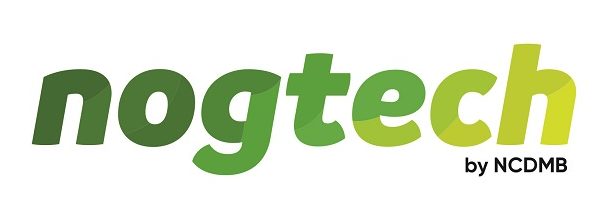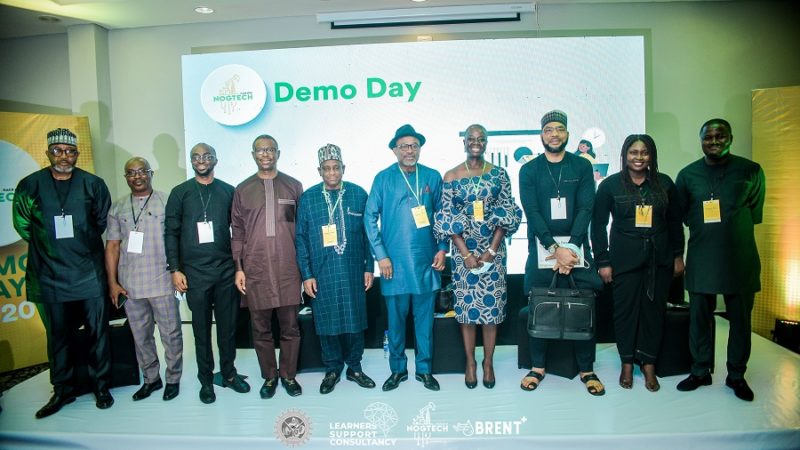In conversation with panelists at NOGTECH’s Hackathon Bootcamp closing ceremony
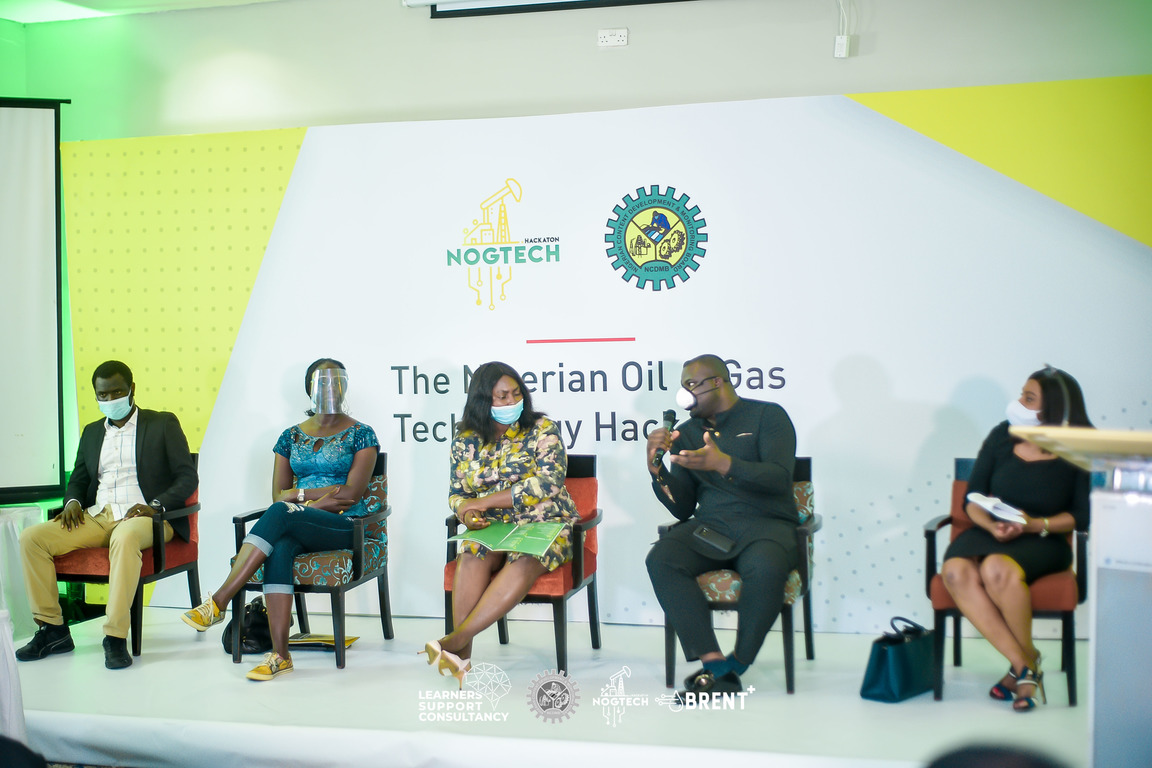
In September, industry leaders and policymakers gathered at the Nigeria Oil and Gas Technology Hackathon programme (NOGTECH) which is sponsored by the Nigerian Content Development and Monitoring Board (NCDMB). During the panel session, conversations centred around the “Challenges and prospects of building a technology startup from Nigeria”.
They also discussed how startups are being funded, proffering advice to the startup’s founders and the lessons they’ve learned while playing in the startup space in Nigeria.
Moderated by Francisca Chiedu, NOGTECH’s programmes director, the session had industry players including Iyinoluwa Aboyeji, co-founder and general partner Future Africa; Fatumata Soukouna Coker, founder at YGroup Holdings; Adetayo Bamiduro, co-founder MAX.ng and Mrs Eyioma Anaba, Regional Head, Consumer Marketing Interswitch.
Here are the lessons learnt from each panel speaker during the question and answer session.
Francisca Chiedu: What is that drive that keeps you going despite challenges?
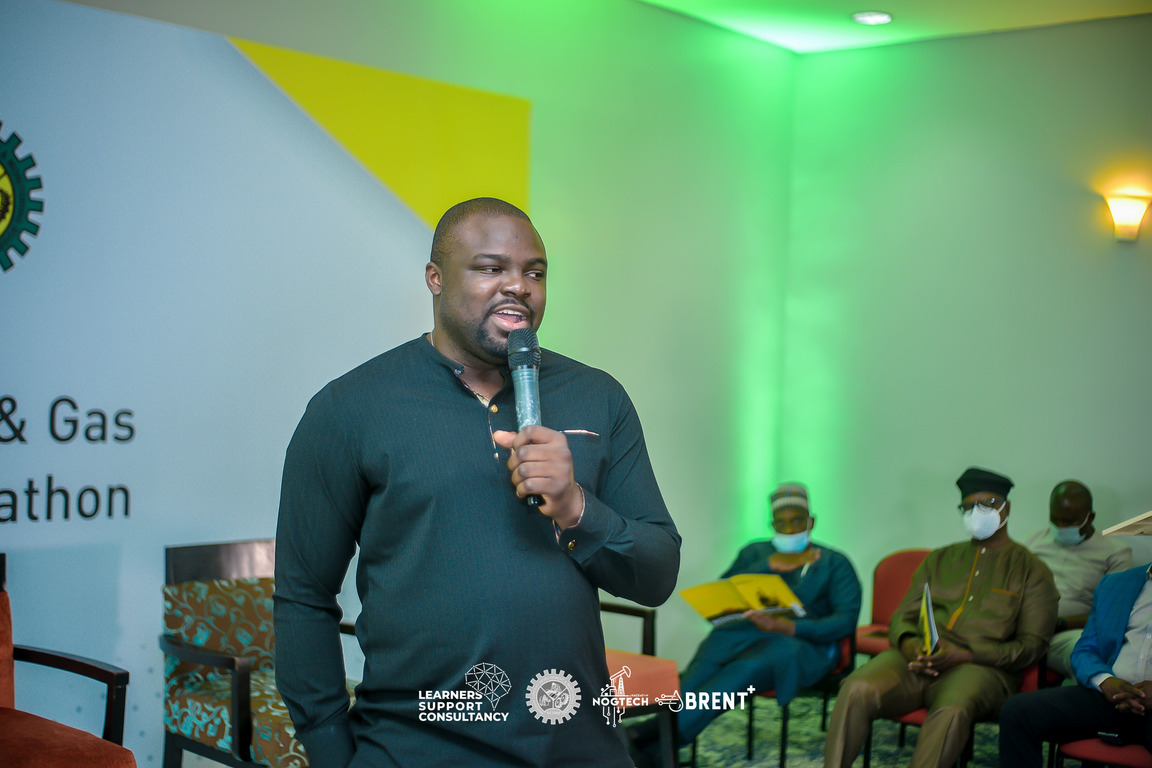
Iyinoluwa Aboyeji: My involvement in tech, specifically in Africa and more in Nigeria is really driven by an understanding of the place a country like Nigeria needs to have in the world — so it’s informed by a much wider context.
This is the largest black nation in the world and if you don’t get things right, as far as I’m concerned, you’d never get the respect that you deserve. When you think about what it takes to get things right, you also have to look at it in the context of the future.
Over the next 15 years, Africa is going to have the world’s largest working population. For people within the ages of 18 to 65, we have a job deficit of about 300 million, close to 250 million kids out of school and we have 4% of the world’s generated capacity in Africa. To make it even worse, we don’t have money to solve any of our problems.
Despite all the noise we make about the Nigerian budget, Nigeria and Kenya’s budget together is $14 billion. For infrastructure capital expenditure, New York alone stands at $20 billion and it’s just a small state, not much bigger than Lagos.
If you read American history, you’d learn that what’s happening in Nigeria today is the same thing they experienced a long time ago. What brought the changes was innovation, they found ways to solve the problem. Even this oil and gas extracts is due to the works that people like Rockefeller did in the 1800s to extract kerosene and other things out of oil and gas. If not for that, this oil and gas would just be wasted, maybe it would have been better, I don’t know.
The reality of the matter is that societies improve because people put it upon themselves to innovate, advocate, and evolve society in a better direction. While we are here, the least we can do is try to make an impact, so that we can be part of progress and people that moved our society forward. This is the mentality I wish our society had.
Francisca Chiedu: What are the things you’d say are different compared to other regions you’ve worked in terms of the challenges you think startups face?
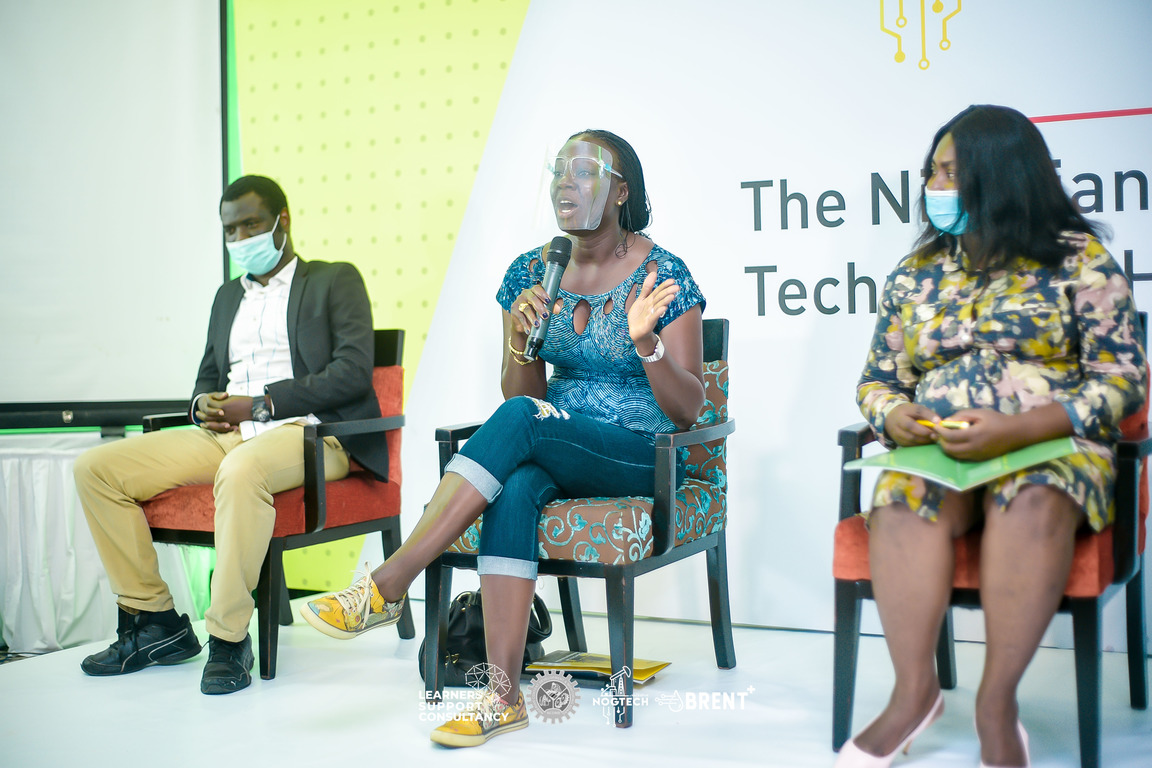
Fatumata Soukouna: What I do know and believe in is that we have one of the most, if not the most, dynamic youths on this earth and to grow across Africa you need some amazing brains.
From my perspective as a business owner, our challenge is basically human resource. Many people here have done a fantastic job coming up with brilliant ideas, probably even starting without help from anybody besides friends and family. What’s going to be the most difficult task is to find the right team of people to take that idea to a maturity state.
This has been my biggest challenge and why is it a challenge? It’s because, on the continent, we do not educate deliberately. They tell us to go to school, finish school and that’s it. So you become a graduate and in your mind, you expect that something that’s supposed to be great happens right? But it doesn’t because nobody has planned for you, nobody had decided from the minute you became a preschooler that you would be in this track and become anything more than just a student.
So the strategy of most, if not all of our government is that you would be a student. When you finish your degree, you wonder “why did I go through all of this?”
Let’s look at a country like Singapore. Singapore had a deliberate educational system, they knew where they wanted to be as a country so they made sure in 20 years: that’s two decades to transform their people and they did it through education. They knew that they needed engineers, scientists, researchers, analysts because their only source of income was going to be their port and services. They trained, educated, they made sure that that goal was met.
Now our challenge is, we don’t have that in our leadership. So we start training. I’m excited to be outside of my house today making sure that people are being coached they have leadership tools in their hands and that’s a basis for you to succeed.
The biggest investment that Africa needs on this continent is in our people. We need to create skilful, diligent and integrity-driven people so we create sustainable industries and sectors. No matter how the challenge looks or how big of a level you are, just focus on the people that would help you drive your function and business.
Francisca Chiedu: How do you see the conversation around equity investment? And what other ways do you think startups here can think about growing their fund base?
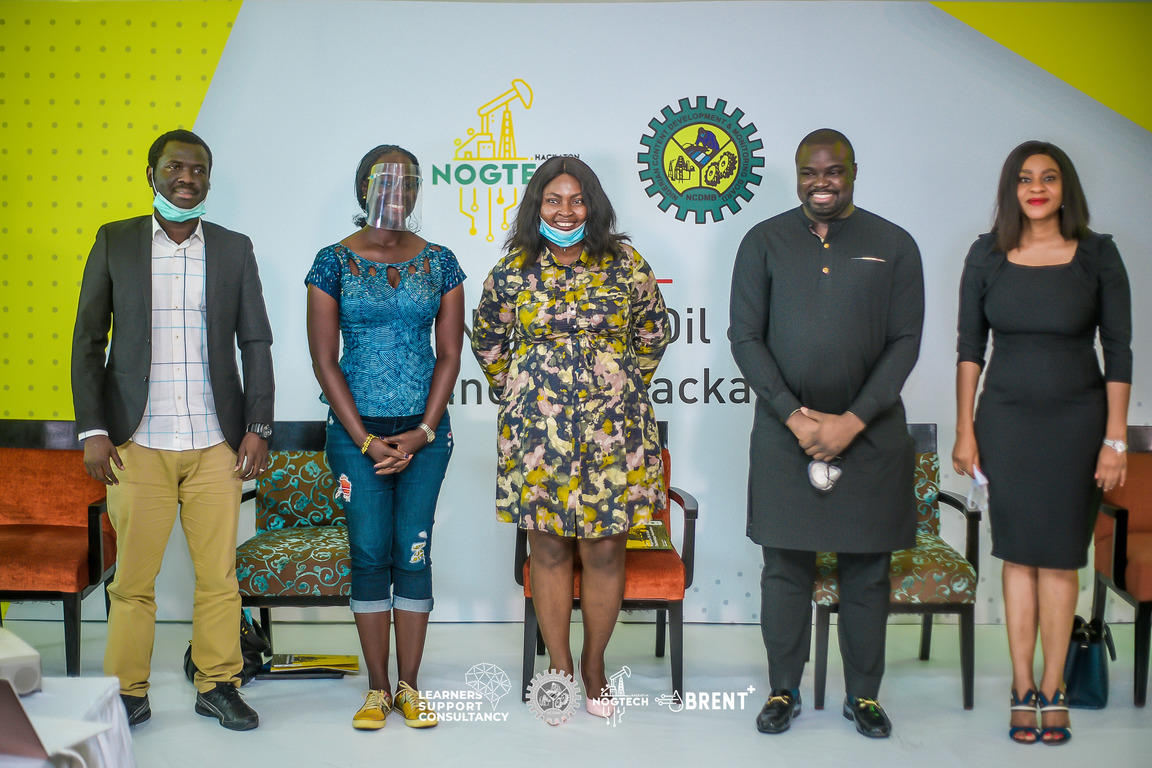
Iyinoluwa Aboyeji: One thing that worries me a little bit about the funding conversation is the fact, many people think funding is for ideas. I don’t know many investors who fund ideas. I think that’s a huge misconception we have in Nigeria. There’s also this idea that funding means giving money freely but unfortunately, the generosity of a lot of well-intentioned programmes by governments and NGOs has perpetrated this thought pattern and philosophy.
Funding is for businesses. If you want funding, you have to build the business and then funding will follow. For instance, if I fund a business, I expect a return of 10 times the capital.
Using Flutterwave as an example, we started with a small office with four staff members and paying monthly in an incubator space. We worked with the bank to get customers so we can service them. We offered to pay 70% of the revenue as commission while we kept 30%. We didn’t just raise hundreds of millions of dollars and get a CBN license, we started with building software in exchange for revenue. Then over time, we started to crawl back on our share of the revenue.
This established the first thing in the funding conversation is, build more businesses before chasing after funding. The average man on the street actually wants his money to go towards productive uses but because of rowdiness, the government, bonds, AMOs, amongst others. Currently, we have a scenario where less and less money is going to productive uses and more money is flooding the system, creating deflationary pressure.
On the founder’s side, focus on more businesses, less funding for ideas — make the sacrifice and be resourceful. It proves that you have a business when I can see you putting your own resources to work, working on your business and leveraging social, financial and human capital around you.
And the supply side, there’s a need for a reform that makes it easier for people to invest in startups and small businesses. Right now, that’s not on the agenda, we’re trying to fix it in, as a way to create jobs and to enable a better economic system.
Francisca Chiedu: There have been conversations around people taking money, not giving a return to the investors. As the chairman of Afrinvest, what route do you think we could go to close that out?
Fatumata Soukouna: There are a lot of misconceptions about startups. But the truth is, investors won’t put money into a startup idea but a business.
Technically, when going out for an investor’s interest, not the seed fund but the investor interest, you must have been running your business for at least two or three years, with some form of stability in your cash flow statement. Additionally, you must probably have, for example, some kind of debt of credit with the bank.
If you were to ask Afrinvest or let’s just say me as an investor even at that level, I want to see some kind of cash flow, I want to see that the business is able to survive. As an investor, I would say that either the person that is investing doesn’t know about investing and hasn’t done their due diligence, or the company and the investor are in a situation.
Also, I think we need to really differentiate between the real startups. Startups usually require a strong ecosystem and all parts of that ecosystem needs to be functioning for startups to really go further than just a start.
Usually, in Africa we start with a hub, incubator, an investor put some money in there and then two years later it disappears, you don’t know where they went. Those are not the kind of ecosystems we want, we want ecosystems that are very robust, that grows into the Silicon Valley that we see today.
It’s a whole ecosystem that needs to be built to support our startups so when the time comes for actual funding, the business has been packaged well, you’ve been well advised and you’re not just walking in the room and offering 50% of your company. You should be protective of those ideas, there are so many levels of investment that are needed to take a company to a maturity state. If you start giving people 50% of the bar, where are you going to be in the second and third round of the funding? You’d be diluted, you’re not even visible anymore in your own idea.
So I urge everyone to take some time, educate yourself, seek the right help, don’t take It lightly, understand it. If you don’t, you’d either get a great deal because God just put his hands on you or you will get screwed and you’d be back starting all over again.
No successful business, so far in Africa, has the same DNA. Everyone is unique to itself and it’s because of the startup owners, founders, the time they’ve put in to understand the environment they’re in, to understand that you are a disrupter and nobody likes you. Don’t get fooled, when you’re a startup company, you’re about to disturb some people and they don’t like you. So you need to understand that first, that’s your DNA and then you start looking for how you survive in a world where people don’t like you and how you make money.
Francisca Chiedu: Interswitch has been around for almost two decades now and it’s playing in a sector that’s highly regulated. How have you been able to survive even in the midst of all the regulations?

Eyioma Anaba: From the perspective of who has worked in two startups in Nigeria and these startups have survived so many challenges, there’s one thing that we always have to understand; our operating environment called Nigeria is very different from any other market that you can imagine.
Being in the startup and seeing how we evolve, I’d like to say that; if you have too much money, it doesn’t allow you to be creative and it doesn’t allow you to think. So the first thing is to build the business yourself, go through the challenges because those things are building your muscles.
As the business evolves, you’re going to be faced with various challenges at different stages of your business and if you don’t ground yourself at the very first stage, with the little money that you have, you might miss it. You might not develop the muscle to face the different levels of challenges that would come.
Francisca Chiedu: Looking at what NOGTECH is trying to do, what are some of the advice about the programme?
Iyinoluwa Aboyeji: Innovation is very critical. As investors, we invest in businesses, but there is a role for investing very early in founders, we do it as well.
Our standard deal is $50, 000 for a 10% equity. We give you businesses this fund and work very closely with them to deliver and find clients. In a normal society, that is a role NOGTECH should be taken on. This is a good start because I don’t think there’s a better convening body aggregating challenges in the oil and gas space, enabling young Nigerians to come up with solutions that could be sustained and then provide the right kind of support that they’d need to turn those things to businesses.
We didn’t create technology in Nigeria, it’s from abroad. Even the pipeline that we talk about, we mostly import. That is something that I think has stunted our development, if you don’t know the value of what you have, you’d waste it. I am hoping that going into the future, NOGTECH can help us fix that mistake.
We just invested $250, 000 in a Nigerian company which built a machine that does a far better job of de-shelling palm nuts. The business gave a million-dollar revenue last year. There are people quietly doing their thing across Nigeria. We need to be funding Nigerian research, we give Bill Gates our health sector to fund but we can do that, let’s not be left behind. Let’s invest in the future.
Adetayo Bamiduro: From my own viewpoint and recommendation for NOGTECH is to sort of not allow itself to be limited to just a particular thing. Your mandate should cover energy in its entirety and also act as a portfolio manager who would invest in retail, insurance, banking. So even if anything happens and banking fails, you’d still have some success in the other sectors.
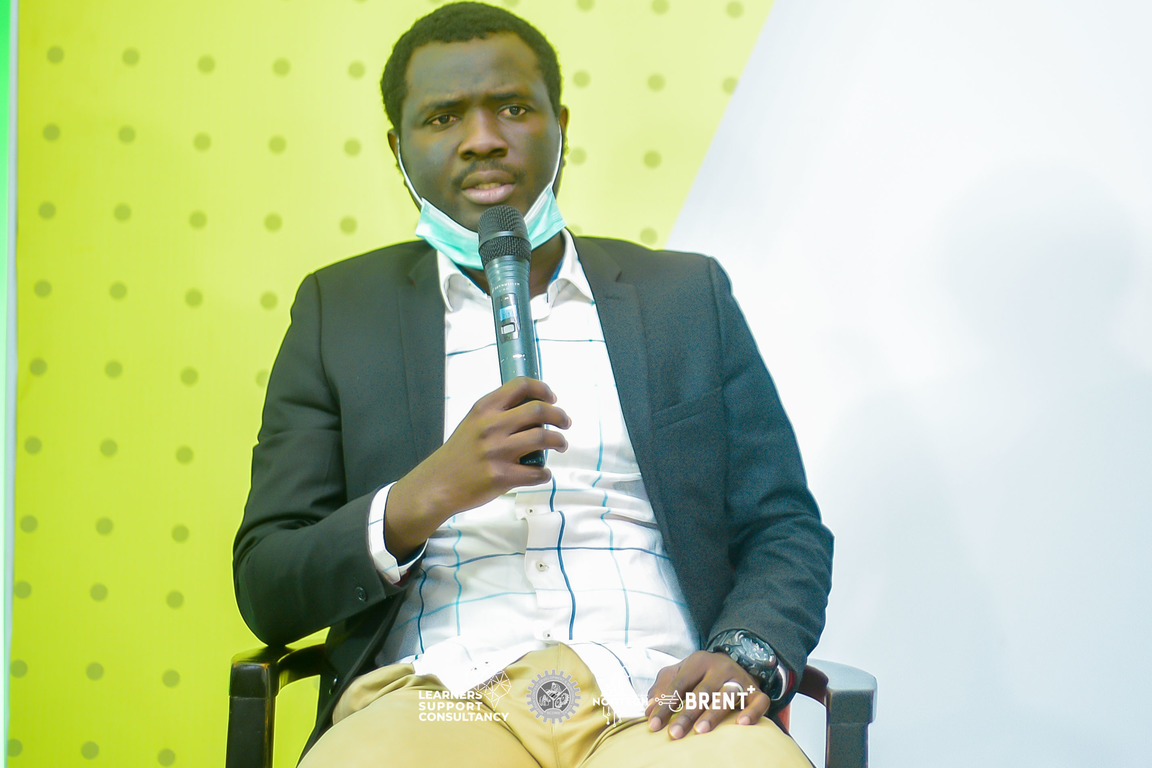
I know we’ve said a lot about what innovators should do, what they should think, work hard and all of that, but let’s also talk about what NOGTECH should do. Some of which are, engaging with the government, constantly asking them what their challenges with regulations are. Only institutions can drive such conversation and that is the extraordinary platform that NOGTECH has.
The role that NOGTECH can continue to play is to seek ways on how to make resources available, adjust regulation, give local folks an advantage over the international folks that may have more money.
The good thing is a lot more foreign capital would start pouring into Nigeria and it can ultimately become a bad thing unless we figure out ways to protect the interest of local innovators who may not necessarily have connections. NOGTECH has to continue figuring out how to give them an advantage over everybody else.
